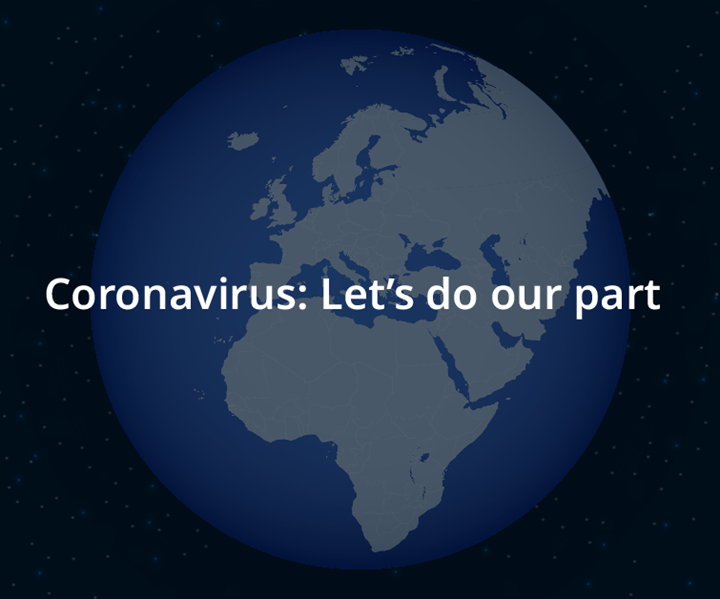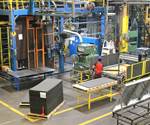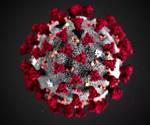Ultimaker Connects 3D Printing Experts With Hospitals During Coronavirus Outbreak
Ultimaker is making its global network of 3D printing hubs, experts and designers directly available to hospitals in need of tools and applications that are short in supply and can be quickly produced with 3D printing during the COVID-19 pandemic.
Ultimaker is making its global network of 3D printing hubs, experts and designers directly available to hospitals in need of tools and applications that are short in supply and can be quickly produced with 3D printing during the COVID-19 pandemic. Through , hospitals can now learn the location of available 3D printing hubs nearby. And direct contact is offered with Ultimaker and local 3D printing experts and designers to advise and support on creating and obtaining the parts they need most.
Ultimaker has launched the following initiatives:
Connect and Print:
Hospitals that face acute shortages of critical parts and that have approved 3D print designs and material specifications already available can directly connect with 3D printing experts nearby to send their 3D print requests to be printed. Ultimaker makes in-house 3D printing capacity available as well. A continuously updated map shows which 3D printing hubs are available nearby.
Design, Check, and Print:
If a hospital needs help designing parts and tools that run out and are now in limited supply, Ultimaker is making a team of highly motivated designers and application engineers available to support in designing and creating the desired part. This part is printed by the nearest 3D print hub and sent to the hospital as soon as possible. After testing and receiving approval of the hospital, the part is available for further 3D printed production.
“Hospital equipment parts might break or hospitals may run out of particular tools, for example,” said Siert Wijnia, Co-founder at Ultimaker. “We are proud to see the 3D printing community come together to immediately print approved designs of objects that hospitals need right now. We hope these initiatives will help all hospitals understand where 3D printers, knowledge, and materials are available, so hospital staff can focus on what matters most: saving lives.”
“3D printing can make a difference,” added Jos Burger, CEO at Ultimaker. “We therefore invite all available 3D printing hubs equipped with Ultimaker 3D printers to make themselves visible through to accelerate the production of approved 3D printed parts, where they’re needed, when they’re needed. By unlocking the power of our network to support 3D print initiatives for hospitals worldwide, I am left humbled and honored to be able to contribute in this challenging situation.”


Related Content
-
3D Printed Spine Implants Made From PEEK Now in Production
Medical device manufacturer Curiteva is producing two families of spinal implants using a proprietary process for 3D printing porous polyether ether ketone (PEEK).
-
Getting into Plastics Additive Manufacturing? Avoid these Six Common Errors
There are a lot of 3D printing technologies out there, and it’s not uncommon for processors new to additive manufacturing to get tripped up. Here are some typical snafus, along with advice on how to avoid them before you start making parts.
-
Freeform Injection Molding Eases the Path to Medical Device Product Testing
A development and manufacturing service provider is using dissolvable molds to build injection molded silicone prototypes.






